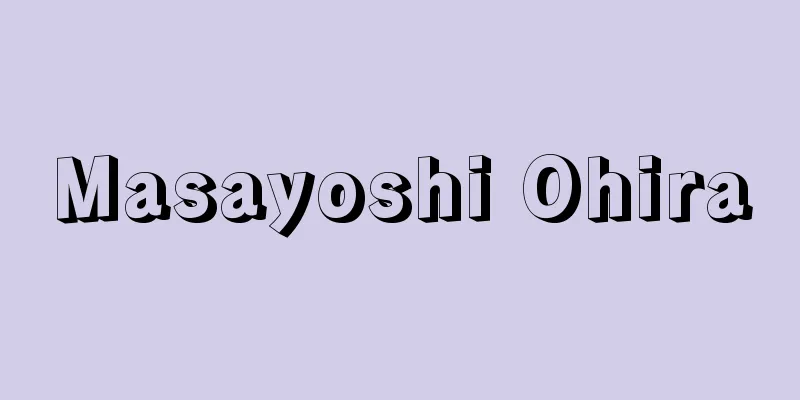New commoner - Shinheimin

|
A discriminatory term that has been mistakenly used to refer to people from discriminated communities, known as burakumin, since the Meiji Restoration until today. The Dajokan proclamation of August 28, 1871 (Meiji 4) (the "Eta and Hinin Emancipation Order") abolished the "Eta and Hinin" classes, which had been positioned as the lowest class of the feudal class system, and made them "the same in status and occupation as commoners." However, the government itself betrayed the "Emancipation Order" and first used the terms "Shinmin" and then "Shin Heimin" to discriminate against people of the former burakumin class. The people, who rebelled against the reform politics of the Meiji Restoration, also opposed the abolition of the burakumin class, and continued to discriminate. As a result, the term "Shin Heimin" spread among the people as a discriminatory term, and this misconception continued to cause deep sorrow and pain to burakumin without being corrected. Correcting this is still an important educational (learning) issue today. [Kawamura Zenjiro] Source: Shogakukan Encyclopedia Nipponica About Encyclopedia Nipponica Information | Legend |
|
明治維新から今日までいわゆる被差別部落の出身者に関して誤って用いられてきた差別呼称。1871年(明治4)8月28日の太政官(だじょうかん)布告(「賤民(せんみん)解放令」)により、封建的身分制度の最下層に賤民身分として位置づけられた従来の「穢多(えた)・非人」身分は廃止されて「身分職業共平民同様」となったにもかかわらず、行政府が自ら「解放令」を裏切り、はじめ「新民」、やがて「新平民」の呼称を用いて旧賤民身分の人々を差別扱いした。明治維新の改革政治に反発した民衆は、賤民身分の廃止にも反対を唱えて相変わらず差別を加えた。そのため民衆の間にも「新平民」の呼称が差別用語として広まり、その認識の誤りが正されないまま、部落の人々に深い悲しみと苦痛を与え続けた。現在もその是正が教育(学習)の重要な課題となっている。 [川村善二郎] 出典 小学館 日本大百科全書(ニッポニカ)日本大百科全書(ニッポニカ)について 情報 | 凡例 |
Recommend
Great spotted woodpecker
A bird of the woodpecker family, order Pici, clas...
Ono no Imoko - Ono no Imoko
Date of birth and death unknown. A Japanese envoy...
Kiyosuke Fujiwara
Year of death: 1177.7.17 (Jisho 1.6.20) Year of bi...
Kruczkowski, L.
...In the 1930s, a group of writers (SI Witkiewic...
connector
Refers to the parts that connect devices and cable...
Waiting for the wind - Kahimachi
〘Noun〙 = Kazamatsuri (Wind Festival) Source: The S...
Franz, Rudolph
…After serving as a professor at the Karlsruhe In...
Sotherby's
…In the 17th century, art dealers flourished in P...
Special steel - tokushukou (English spelling) special steel
A high-grade steel that has been specially refine...
Casserole - casserole (English spelling)
A Western-style thick pot with a lid. It can be m...
Caričin Grad (English spelling)
...The palace built by Emperor Diocletian (295-30...
Kirinzan
This isolated hill is located at the confluence o...
Tin sulfide (Tin sulfide)
There are compounds of tin and sulfur in which tin...
Takasago [city] - Takasago
A city on the west bank of the mouth of the Kakoga...
Igagoe Dochu Sugoroku - Igagoe Dochu Sugoroku
Joruri Gidayubushi. Historical piece. 10 stages. ...









